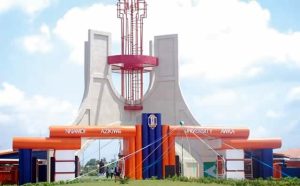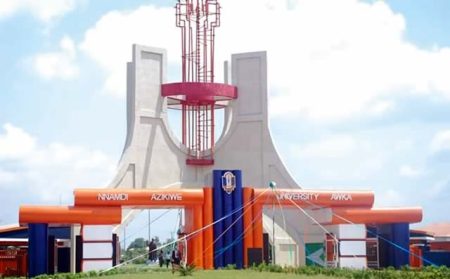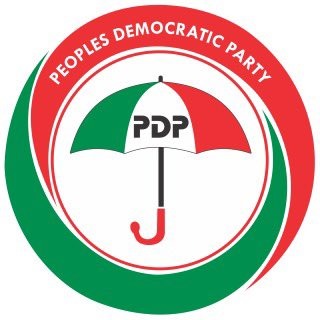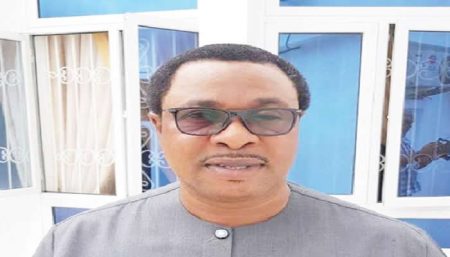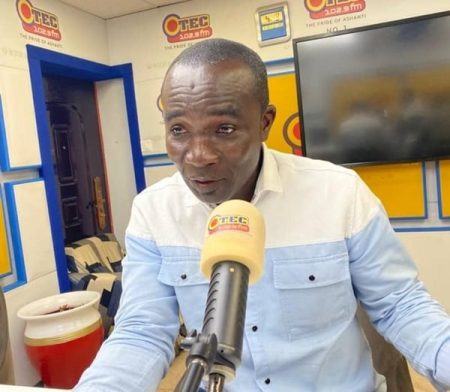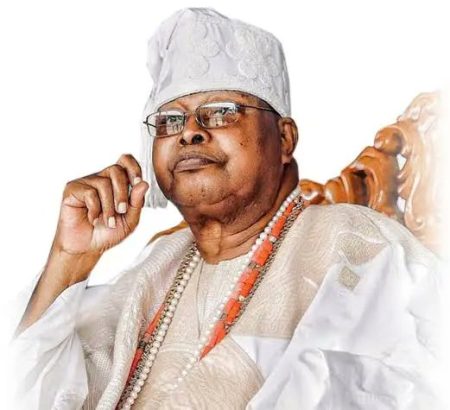President Bola Ahmed Tinubu’s recent visit to Lafia, the Nasarawa State capital, served as a platform not only to commission legacy projects executed by Governor Abdullahi Sule but also to address brewing political tensions and reaffirm his administration’s commitment to the nation’s progress. While commending Governor Sule’s achievements in prioritizing the welfare of his people, President Tinubu seized the opportunity to directly confront an emerging political coalition reportedly aiming to challenge his potential re-election bid in 2027. This coalition, purportedly involving prominent figures like former Vice President Atiku Abubakar and former Kaduna State Governor Nasir El-Rufai, was swiftly dismissed by the President as a premature and ill-conceived political maneuver orchestrated by “political internally displaced persons (IDPs).”
Tinubu’s characterization of the coalition as “political IDPs” underscores his perception of their actions as desperate attempts to regain political relevance. His pointed refusal to “give them a home” signifies his determination to resist their efforts to undermine his administration and obstruct his political agenda. This strong rhetoric reflects the President’s resolve to maintain his political standing and defend his administration’s policies against what he views as opportunistic challenges. The President’s assertive stance not only serves to discredit the coalition but also aims to solidify his support base and project an image of strength and stability amidst political maneuvering.
The President’s forceful response also highlights the underlying political dynamics at play. The emergence of this coalition so early in Tinubu’s presidency suggests a concerted effort to challenge his authority and potentially destabilize his administration. Tinubu’s labeling of them as “gangsters” further underscores the seriousness with which he views this challenge and his determination to counter their efforts. His remarks indicate a perception of the coalition as a threat to the progress he claims his administration has made, despite the acknowledged economic difficulties the country faces.
Beyond the political sparring, President Tinubu’s visit to Nasarawa State also allowed him to underscore the accomplishments of Governor Sule’s administration. He praised Sule’s dedication to using the state’s resources judiciously for the benefit of its citizens, highlighting projects that contribute to the stability and prosperity of Nasarawa. This commendation not only served to acknowledge the Governor’s performance but also subtly connected it to Tinubu’s own presidency, implying a positive correlation between his leadership at the federal level and Sule’s success at the state level. This association aims to reinforce the perception that his policies are conducive to good governance and positive outcomes across the nation.
Tinubu’s visit and pronouncements in Nasarawa can be interpreted as a strategic move with multiple objectives. Firstly, it served as a platform to showcase the positive impact of his administration’s policies through the achievements of Governor Sule. Secondly, it allowed him to directly address the nascent political coalition challenging his potential re-election bid, framing them as desperate and misguided. Thirdly, it reinforced his connection with a key state governor, solidifying political alliances and demonstrating his continued engagement at both the national and state levels. This multi-pronged approach aimed to strengthen his political position, project confidence in his leadership, and discredit those seeking to undermine his agenda.
In conclusion, President Tinubu’s visit to Nasarawa was more than just a ceremonial commissioning of projects. It was a carefully orchestrated political maneuver that simultaneously showcased achievements, addressed opposition, and solidified alliances. His strong rhetoric against the emerging political coalition signaled a resolute stance against challenges to his authority. While acknowledging ongoing economic challenges, he projected an optimistic outlook, emphasizing the progress made by his administration and linking it to the successes of Governor Sule in Nasarawa State. This strategic approach seeks to bolster his political standing, demonstrate effective governance, and counter the narrative of his political opponents.


